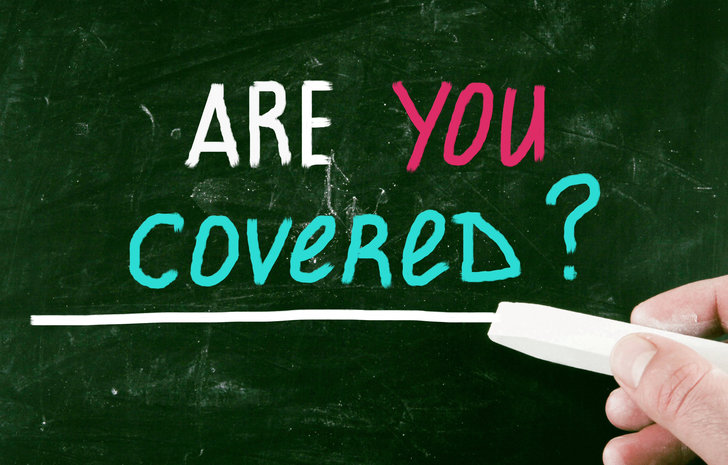Imagine that you just released a fantastic new product, it was reviewed by a top celebrity in your industry, he loved it, the video of his review goes viral, and your sales are seven times your best month ever. You are on cloud nine.
The next morning, among your e-mails, is one from the credit card processor you use. Their website was hacked. Cyber thieves have stolen millions of dollars from them. The phone starts ringing. Lawyers are calling. You are being sued for not taking better care of your customers’ credit information.
You didn’t do anything wrong. Your computer files are locked up tighter than Ft. Knox. It was the thieves that breached the credit card processor that compromised your customers’ financial data. How can you guard against getting blind-sided by a gang of thieves?
It happens far too often these days to big companies, small companies, huge corporations, and home-based entrepreneurs. If you want to keep your business financial house from collapse, you should make sure you are protected against these kinds of disasters that are almost impossible to foresee until they happen.
Protection comes in the way of business insurance. If your car is in an accident, your insurance company makes it like new again. If your house burns down, your insurance is there to build you a new one. But many business owners have no such protection against a business disaster. You don’t take chances with your other important assets, but for some reason, it seems alright to just cross your fingers and hope nothing happens to your business.
Home-Based Businesses
Often, a home-based business owner will think that their home owner’s policy protects their business. This is not an assumption that you want to make unless you discuss it with your agent. Often even a home business will have expensive equipment that goes beyond a home owner’s policy. Depending on the nature of your business you may be okay with a business rider or endorsement on your home owner’s policy.
Even if your business doesn’t own the automobile that you sometimes track business miles on, you should meet with your agent to make sure you have the proper coverage for your automobile as a business owner. If your policy doesn’t cover your car when you’re on the way to the coffee shop to meet a client, make sure that it gets amended to cover you in that instance.
Online Businesses
For online businesses, and what business isn’t online these days, you may need a cyber-media policy. This is the type of policy that would have helped in our scenario above. Don’t consider your business too small for this type of protection. Anyone who collects personal information on their customers may need this type of coverage. If you sell on Amazon, or eBay, or Etsy, or any other similar website, a cyber-media policy may have been stipulated in the Service Agreement or the End-User License Agreement (EULA) that you agreed to when signed up to use their platform or software. I know these can be tedious reading, but you should know what you agreed to when you check the box and click “PROCEED.” You aren’t going to be able to hide behind the third party website and point the finger at them when your customer is looking for someone to blame for a data breach.
The final type of policy you should know about is a business owner’s policy. Often the cyber-media policy we spoke of above will be part of this more inclusive type of business insurance. It can assist when your business suffers various types of disasters. It can replace the income you lose when you have some type of trouble that takes your website down. These problems occur more often than you think and can sometimes last a week or more until your web presence is restored. For a business that makes thousands a day, a week can be a very long time.
The Bottom Line
If you’re in business and you don’t have business insurance, don’t spend another day without talking to your agent about the types of coverages available and what you need to protect your business. Business insurance is inexpensive especially if you consider the alternative of not having it when, not if, you face a costly catastrophe.

